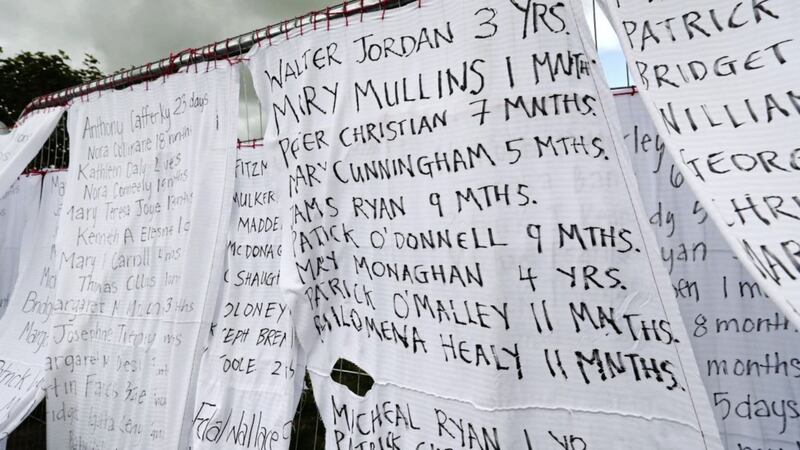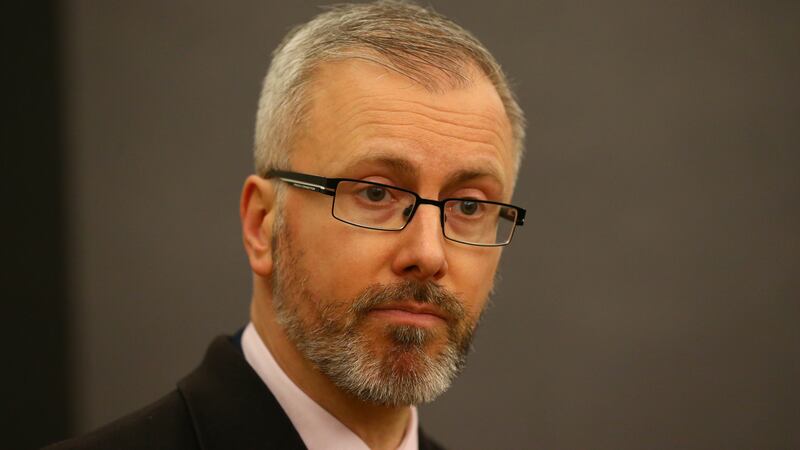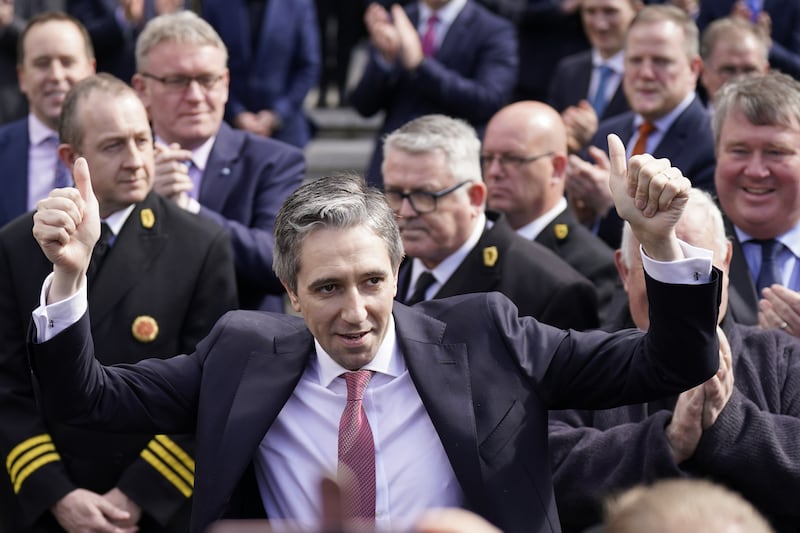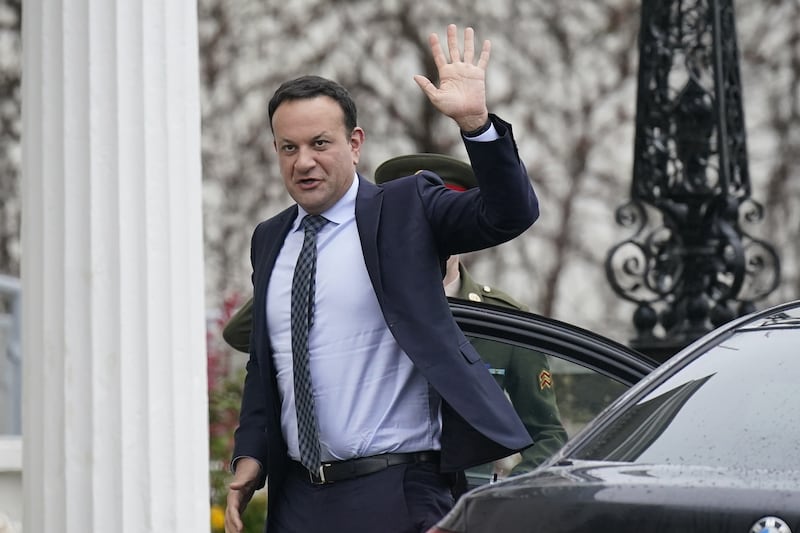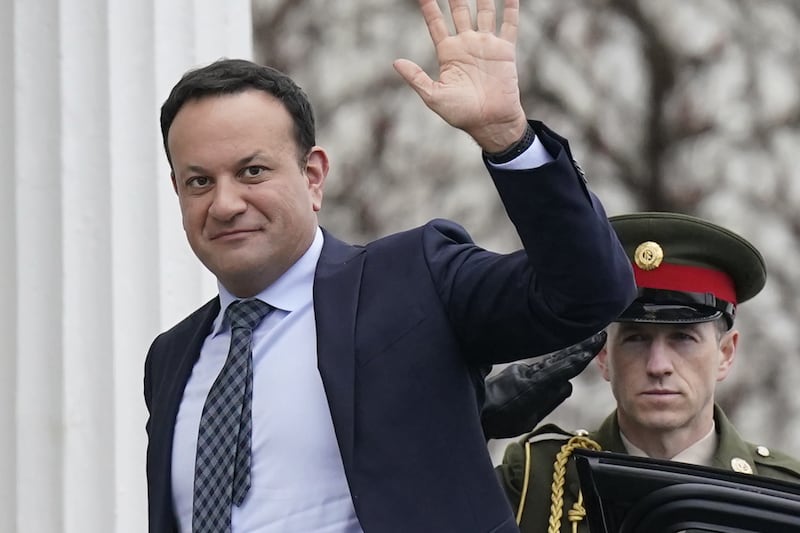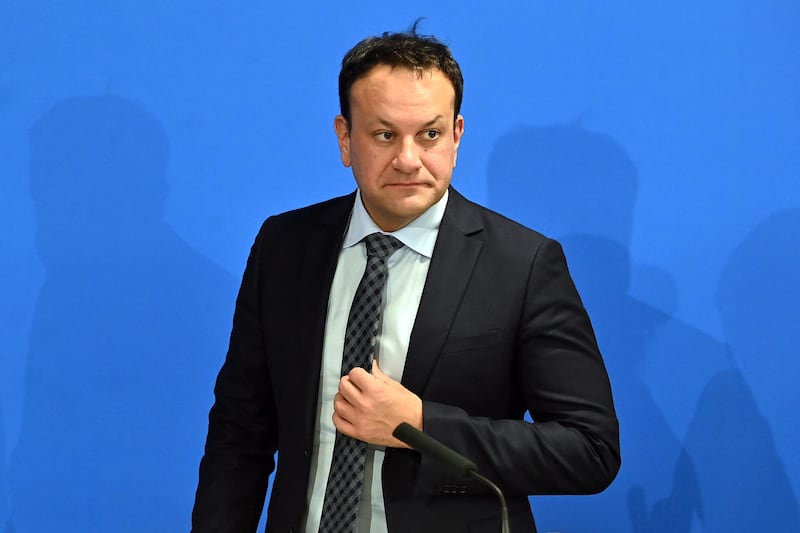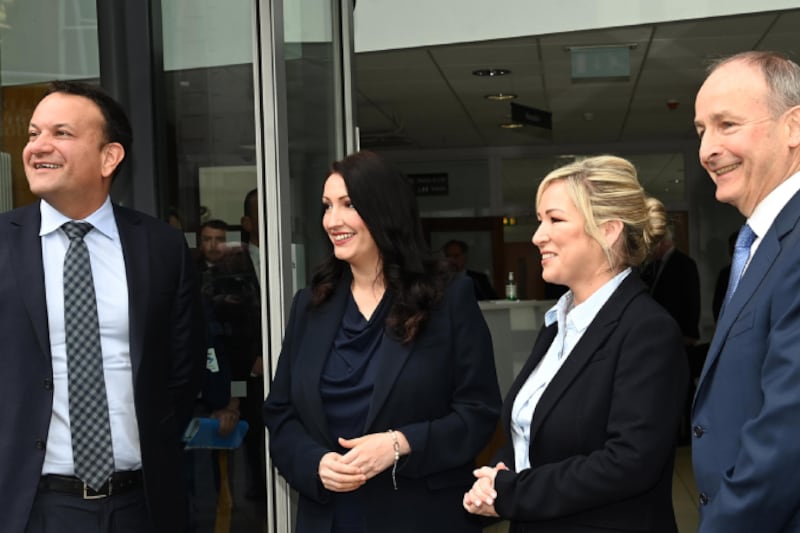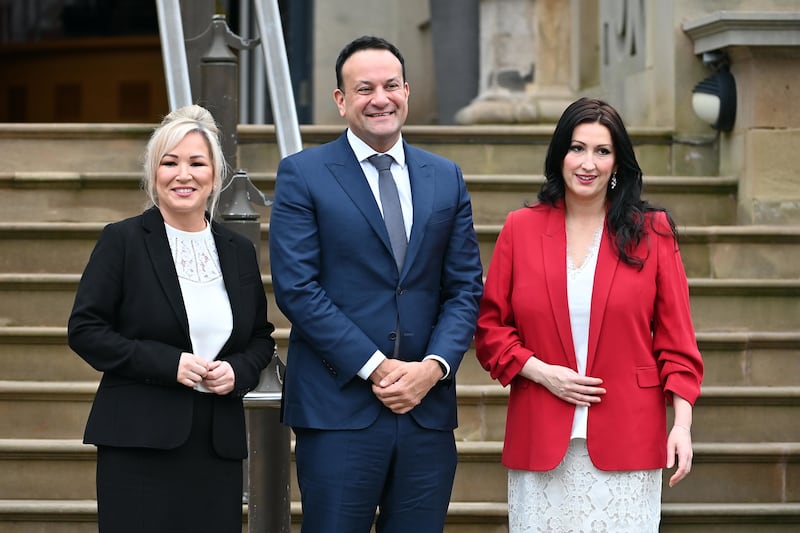Taoiseach Leo Varadkar has said the excavation of a mass grave at Tuam's mother and baby home will be "slow and painstaking".
At Leader's Questions on Wednesday, Mr Varadkar was asked by Sinn Féin leader Mary Lou McDonald when the legislation required to excavate the grave would be before Parliament, and why the order of nuns that ran the home did not contribute more to the cost of the excavation.
Minister for Children Katherine Zappone announced on Tuesday that the order of the Bon Secours will contribute €2.5 million to the overall cost, estimated at between €6m and €12m.
"Minister Zappone had sought a higher offer on a percentage scale, but this is what is forthcoming," Mr Varadkar said.
"We are treating it as a contribution, not a settlement."
Mr Varadkar said the government would implement a multidisciplinary framework and the action being taken will be phased.
The recovery of remains will be conducted by systemic ground truthing and forensic analysis.
"I'm not sure if anyone knows what we're getting into, but it was the right decision," Mr Varadkar added.
"As it has never been done before, it will require new primary and bespoke legislation and I expect that will be before the Dáil early next year.
"This is going to be very difficult, this is a mass grave, there are remains of stillborn babies and older children, and there may also be adult remains," he said.
Mr Varadkar added that the site was also used as a workhouse and grave site during the Famine period, which will add to the difficulty in identifying remains.
"It will be slow and painstaking and it will not be possible to identify all remains, and what we learn along the way will inform us for action at other sites. This is going to take time, we need to build capacity to do it.
"We will do our utmost in terms of identification, but in many cases it won't yield answers."
Mr Varadkar added that almost 10 per cent of Ireland's population at one point lived in some kind of institution, "and many terrible things may have happened there".
The government approved the forensic excavation of the site at the former mother and baby home on Tuesday, after a mass grave was found at the site in Tuam, Co Galway, last year.
A commission was set up following allegations that around 800 infants were buried in a septic tank at the former home for unmarried mothers.
Other questions to the leader were about recent structural inspections in schools, which will see 40 sites assessed over the mid-term break. Mr Varadkar said every effort would be made to find alternative classrooms if schools have to temporarily close.
